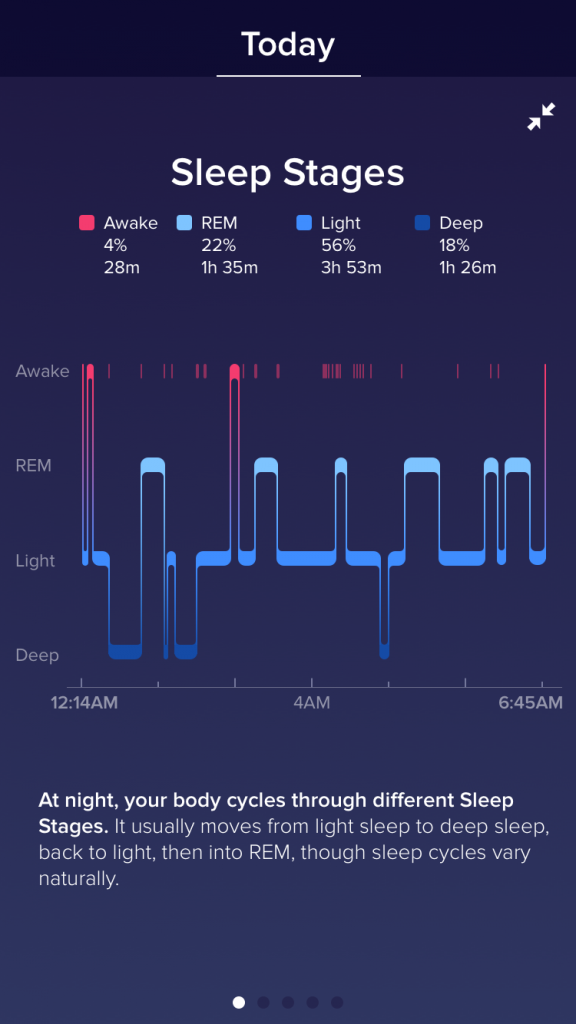
:max_bytes(150000):strip_icc()/lack-of-deep-sleep-3966027-ccfd5e6aa5d8435c8e1ef18e974d6e57.jpg)
Avoid tobacco products, especially before sleep.Use the bed only for sleep or sexual activity.Try to go to bed at the same time every night and wake at the same time each morning.Do not watch television or use your computer, cell phone, or tablet in the bedroom.Practice relaxation techniques at bedtime.
#Lack of deep sleep stage tv#

You can develop toxic effects such as confusion, delirium, and falls if you take them for a long time. Some of these drugs build up in your body. Some of these medicines can lead to dependence (needing to take the drug to function) or addiction (compulsive use despite adverse consequences). Use sleep medicines (such as zolpidem, zaleplon, eszoplicone or benzodiazepines) only as recommended, and only for a short time. However, most health experts do not recommend these types of medicines for older people. Sometimes, a mild antihistamine works better than a sleeping pill for relieving short-term insomnia. Some antidepressants do not cause the same side effects as sleep medicines. However, antidepressant medicines can be very helpful if depression affects your sleep. It is very important to talk with your provider before taking sleep medicines. Older people respond differently to medicines than do younger adults. Sleep apnea, a condition where breathing stops for a time during sleep, can cause severe problems.Other sleep disorders, such as restless legs syndrome, narcolepsy, or hypersomnia can also occur.Insomnia is one of the more common sleep problems in older people.See a health care provider to find out whether depression or another health condition is affecting your sleep. Sleep problems are also a common symptom of depression. You can reduce symptoms when you get enough sleep. Sleep deprivation can eventually cause confusion and other mental changes. Because older people sleep more lightly and wake up more often, they may feel deprived of sleep even when their total sleep time has not changed. Long-term (chronic) insomnia is a major cause of auto accidents and depression. Other causes include needing to get up and urinate ( nocturia), anxiety, and discomfort or pain from long-term (chronic) illnesses. Older people wake up more often because they spend less time deep sleep. Older people wake up an average of 3 or 4 times each night. Less time is spent in deep, dreamless sleep. The transition between sleep and waking up is often abrupt, which makes older people feel like they are a lighter sleeper than when they were younger. It may be harder to fall asleep and you may spend more total time in bed. Total sleep time stays the same or is slightly decreased (6.5 to 7 hours per night). They wake up more often during the night and earlier in the morning. Most people find that aging causes them to have a harder time falling asleep.

Sleep patterns tend to change as you age. The sleep cycle is repeated several times during the night. Some periods of active dreaming (REM sleep).Dreamless periods of light and deep sleep.


 0 kommentar(er)
0 kommentar(er)
